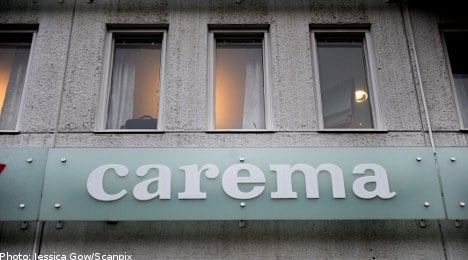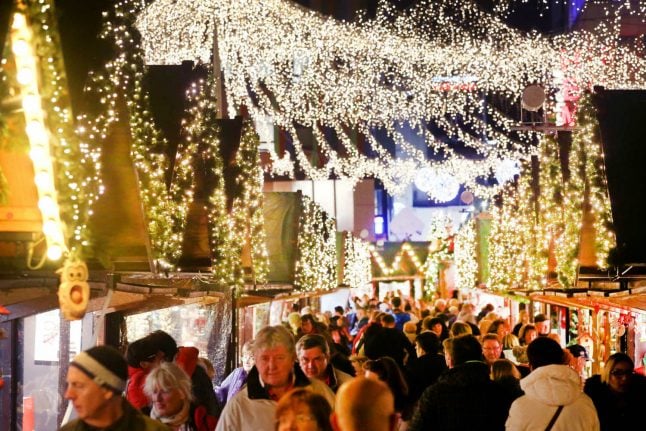When interviewed by Sveriges Radio (SR), the company’s regional manager Gertrud Öjetoft did point out that she was unable to comment on details of a particular case, but also said that Carema could’ve been more creative in their attempts to get the woman to eat.
The woman’s severe malnutrition was proven by the autopsy when she died in April, at one of Carema’s homes in Vänersborg’s municipality, in southwestern Sweden.
The 90-year-old had then lived in the company’s care for three years.
Öjetoft met with the woman’s relatives on Thursday, and in her opinion had a good talk. Most of it concerned the dialogue between relatives and the home’s staff.
“It’s important that we always have a good dialogue with the clients and their relatives,” said Öjetoft to SR.
Öjetoft couldn’t give any clear examples of what she meant by being more creative in attempts to give the woman food.
The dialogue was the main issue.
“We’ve followed the routines we have, and we’ve done most things right. But I still think we could’ve had a better dialogue,” said Öjetoft to SR.





 Please whitelist us to continue reading.
Please whitelist us to continue reading.
Member comments